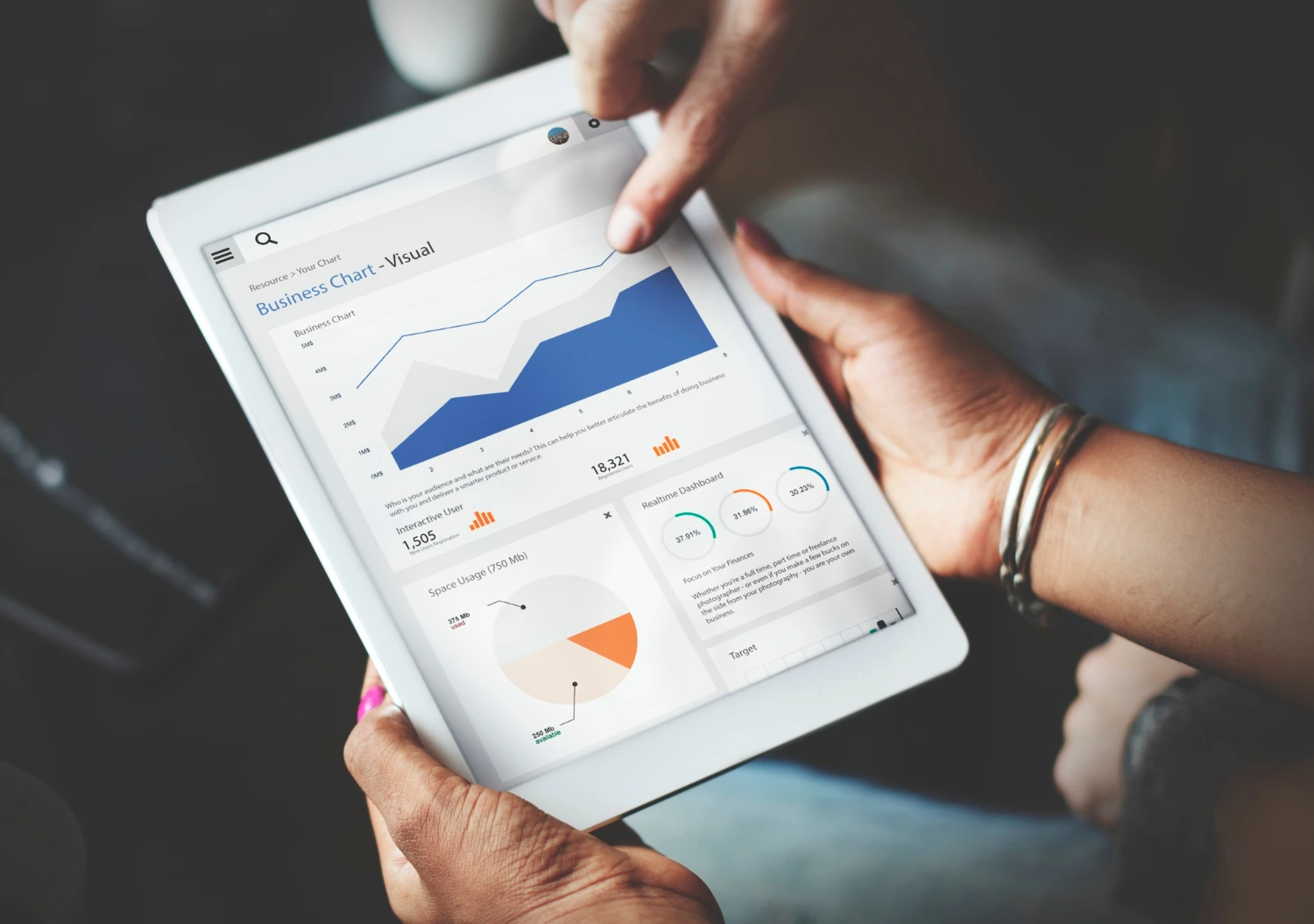Case Study: Transforming Business Insights through Dashboard Consulting and Data Visualization
Introduction
Lightray Solutioms data visualization services
In an era of data-driven decision-making, businesses are significantly turning to dashboard consulting and data visualization to make sense of their data and improve strategic preparation. This case research study explores how a mid-sized retail business, Retail Innovations, engaged control panel consulting services to improve their sales analysis and inventory management processes through effective data visualization.
Background
Retail Innovations, founded in 2010, experienced quick growth, broadening its operations to a number of areas throughout the United States. However, as the business scaled, so did the complexity of its data. Marketing projects, sales figures, and stock data were trapped in diverse systems, leading to fragmented insights and ineffective decision-making. The leadership group recognized the need for a cohesive approach to data analysis that could simplify operations and boost their understanding of consumer habits.
Objectives
The main goals of engaging a dashboard consulting service were:
- Centralize Data Sources: Combine various data sources into a single platform for simpler access and analysis.
- Enhance Visualization: Develop intuitive control panels that present crucial efficiency signs (KPIs) in a visually enticing way.
- Facilitate Decision-Making: Empower employee with real-time insights to drive nimble decision-making.
- Improve Reporting Efficiency: Automate reporting procedures to save time and reduce human error.
Approach
Retail Innovations teamed up with a control panel consulting company concentrating on business intelligence (BI) services. The consulting group employed a structured approach:
- Needs Assessment: They began by carrying out workshops with essential stakeholders from different departments-- sales, marketing, and stock management-- to recognize important data points and reporting needs.
- Data Combination: The consultants helped Retail Innovations integrate data from several sources, consisting of point-of-sale systems, e-commerce platforms, and supply chain management tools. This step included data cleansing and structuring to create a combined dataset ideal for analysis.
- Dashboard Design: The consultant team developed a series of interactive dashboards using a leading BI platform. The design focused on user experience, guaranteeing that data could be easily accessed and comprehended without technical training. Key functions included drill-down capabilities, filter options, and cloud gain access to for real-time data monitoring.
- Training and Support: To assist in adoption, the consultants performed training sessions for workers, highlighting how to navigate the control panels, translate data, and utilize insights for tactical efforts. Ongoing support was also offered to address any technical issues that developed post-implementation.
Implementation
After a careful design and testing phase, the control panels were released company-wide. The preliminary dashboard offered real-time insights into sales efficiency at local and shop levels, enabling immediate recognition of trends and problems. Another focus location was inventory management, where control panels tracked stock levels, turnover rates, and seasonal need.
Impact

The effect of dashboard consulting and data visualization on Retail Innovations was extensive:

- Improved Sales Performance: The sales team had the ability to identify top-performing items and areas rapidly. This insight allowed targeted marketing projects and optimized sales strategies, leading to a 15% increase in month-over-month sales within 3 months.
- Inventory Optimization: With real-time inventory tracking, the business decreased overstock situations by 25% and enhanced stock turnover rates. This caused a decrease in holding expenses and enhanced money flow.
- Enhanced Decision-Making: The management team reported a considerable improvement in decision-making speed. With simple access to appropriate data, management might respond promptly to market changes, such as changing pricing throughout seasonal shifts.
- Employee Empowerment: Employees throughout departments felt more empowered and informed. They could customize dashboards to concentrate on metrics most appropriate to their roles, fostering a more data-driven culture within the company.
- Time Efficiency: Reporting time was reduced from days to hours. Automation of regular reports released up valuable employee time, allowing them to concentrate on tactical efforts rather than administrative tasks.
Conclusion
The partnership between Retail Innovations and the control panel consulting firm exhibits the transformative power of data visualization in contemporary business operations. By centralizing data, executing instinctive control panels, and promoting a culture of data-driven decision-making, Retail Innovations successfully navigated the complexities of development and boosted its competitive edge in the retail market. This case study underscores the importance of buying dashboard consulting services to attain clearness, performance, and actionable insights in a significantly data-centric world.
